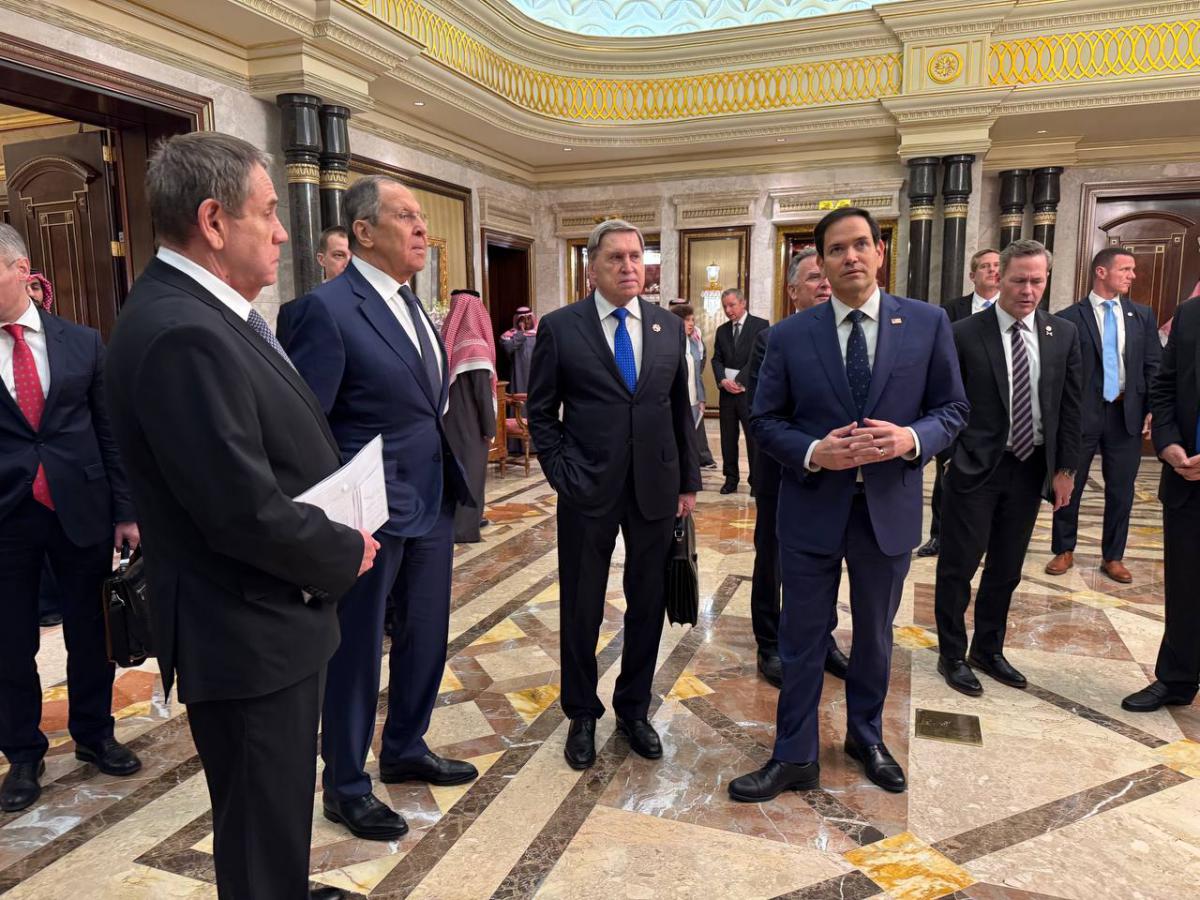Tensions Rise Around US-Russia Talks on Ukraine
As global leaders navigate the complexities of diplomacy, surprising developments unfold with Ukraine feeling sidelined in US-Russia talks. Discover the intricate dynamics shaping geopolitics.
Published February 19, 2025 - 00:02am

Image recovered from english.pravda.ru
In a significant diplomatic development, Ukrainian President Volodymyr Zelensky recently canceled a scheduled visit to Saudi Arabia, citing unexpected U.S.-Russia negotiations that unfolded in Riyadh. This unexpected turn of events has intensified discussions about the future of the conflict involving Ukraine, Russia, and the U.S.
This decision by Zelensky comes amid a backdrop of mounting diplomatic activity in the region. Scheduled to meet with Turkish President Recep Tayyip Erdoğan, Zelensky emphasized that he did not visit Saudi Arabia to avert any undue implications or misunderstandings surrounding the simultaneous U.S.-Russia talks. These talks, which conspicuously omitted Ukrainian representation, have ruffled feathers in Kyiv, as Zelensky insisted that negotiations concerning Ukraine must inherently include Ukraine itself to be considered legitimate.
The Riyadh negotiations, which involved high-level representatives such as Russian Foreign Minister Sergey Lavrov and U.S. Secretary of State Marco Rubio, primarily centered on potential peace resolutions in Ukraine. Yet, the absence of Ukraine and EU from these talks has sparked theories suggesting that certain international players might prefer a prolonged conflict. Political analyst Sergey Markov has argued that the EU and Ukraine seem inclined to extend the ongoing conflict, contrasting with the peace-seeking missions of Russia and the U.S.
In Turkey, another strategic meeting unfolded between President Erdoğan and President Zelensky, focusing on bilateral relations and strategic cooperation. Erdoğan reiterated Turkey's unwavering support for Ukraine's territorial integrity and sovereignty and voiced readiness to host talks between Ukraine, Russia, and the U.S., aiming to secure lasting peace. Erdoğan emphasized Turkey's diplomatic efforts over the past three years and pledged continuous support for peace negotiations, advocating for an immediate cessation of hostilities that have caused substantial destruction and loss of life.
President Zelensky, during this diplomatic marathon, also underscored the importance of transitioning the conflict towards diplomatic solutions. He refuted notions that the conflict could be decisively won on the battlefield and suggested that true victory lies in achieving a fair and just peace through negotiations. Zelensky's sentiment reflects a broader concern that Ukraine's interests be fully represented in any negotiations between global powers, reiterating that Ukraine's potential EU membership necessitates its rightful place at the negotiation table.
Moreover, discussions between Erdoğan and Zelensky in Ankara highlighted the holistic approach needed for peace and security, extending beyond military strategies to diplomatic negotiations. Both leaders acknowledged the dire need for a durable and comprehensive peace solution, with Erdoğan stressing that the end of the conflict should bring about a harmonious resolution rather than a mere temporary ceasefire.
As tensions continue to simmer, the current geopolitical landscape emphasizes the critical role that diplomacy must play in resolving the conflict in Ukraine. The unfolding developments and the intersection of various international interests underscore the complexity of finding a path to peace that honors the sovereignty and territorial integrity of affected nations while balancing global powers' strategic interests.







